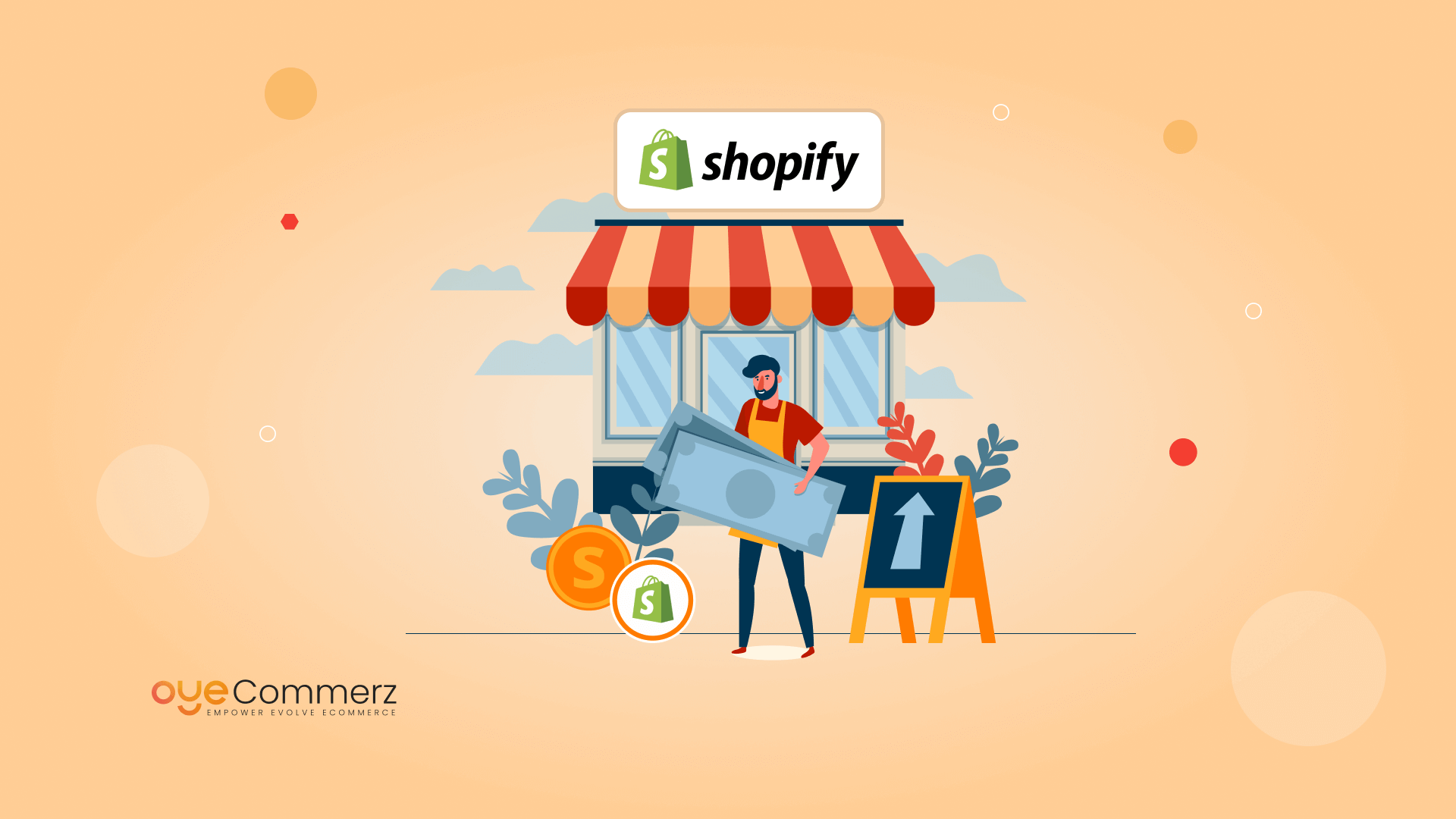Introduction
In the current competitive e-commerce landscape, standing out is essential, and one of the best ways to set apart a Shopify store is through tailored app creation. A well-built Shopify app can enhance store capabilities, simplify processes, and boost customer interaction. This article delves into key aspects of Shopify app development, from API integration to growth techniques and promotion methods, providing a roadmap for businesses seeking unmatched store efficiency.
The Importance of Shopify API Integration
Shopify’s API offers robust tools to customize and expand store capabilities. With the GraphQL and REST API options, developers can access data to create apps that manage inventory control, order handling, and customer data management smoothly. Using Shopify’s API can enable improved workflow automation and enables stores to assist shoppers more effectively.
Adopting the Polaris Design System
Shopify’s Polaris is Shopify's set of design guidelines for creating user-friendly and easy-to-use Shopify apps. By following Polaris guidelines, developers guarantee that apps seamlessly integrate within the Shopify Admin experience. This provides a cohesive appearance that resonates with Shopify merchants, promoting usability and familiarity for merchants using your tailored app.
Navigating the Shopify App Ecosystem
The Shopify app ecosystem offers endless possibilities for enhancing online stores. From managing fulfillment processes to boosting customer engagement, apps in this environment are designed to meet diverse business needs. Learning about this system helps developers in identifying unique app opportunities and allows for seamless integration of external tools that add value to the store.
Building Embedded Shopify Apps
Embedded apps work seamlessly within the Shopify Admin, providing a smooth interface for merchants. They ensure that merchants do not need to leave their Shopify control panel, simplifying their process. Using Shopify App Bridge and embedded app features is a best practice for providing a unified, well-integrated user experience.
Using Node.js and React for Shopify Apps
Node.js and React have emerged as ideal tools for Shopify app development. Node.js enables high-performance back-end services, while React enables dynamic, responsive front-end design. Combined, they provide an excellent platform for building fast, growth-ready Shopify apps that improve store performance and customer interaction.
Utilizing Webhooks in Shopify Development
Webhooks allow real-time data updates between Shopify Shopify data synchronization with webhooks and an external app. They trigger events such as new orders or stock changes and provide immediate alerts to your app. By utilizing webhooks, apps can deliver real-time insights for store owners, simplifying processes and boosting productivity.
Customer Engagement and Digital Marketing for Shopify Apps
To ensure Shopify app success, engaging customers is crucial. Utilizing digital marketing strategies like SEO, email marketing, and social outreach can drive app adoption. Additionally, creating applications with customer engagement in mind (e.g., loyalty programs or personalized recommendations) boosts user loyalty and loyalty.
Making Your Shopify App Scalable
As e-commerce stores expand, so do their technological needs. Making sure that your app can manage higher usage, larger databases, and more advanced functionalities is essential. By optimizing server capacity and using scalable solutions, you can develop apps that grow in parallel to a store’s success.
Important Features and Maintenance Tips for Shopify Apps
For an app to be useful, it should offer essential features like user login, analytics dashboard, and support channels. Ongoing app upkeep, including updates to fix bugs and ensuring compatibility with new Shopify features, is vital to maintain continuous operation and prevent disruptions to business processes.
Conclusion
Custom Shopify app development holds vast potential for e-commerce businesses, providing the ability to enhance store functionality, streamline processes, and foster customer loyalty. With API integrations and Node.js to ensuring scalability and customer engagement, building a Shopify app requires thoughtful preparation and strategic execution. If you’re ready to elevate your e-commerce experience, a custom Shopify app may be the perfect choice. What capabilities do you see for your ideal app? Share your ideas and take the first step toward an Use Node.js in Shopify apps optimized e-commerce journey!
